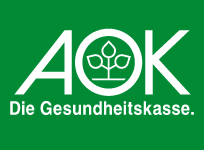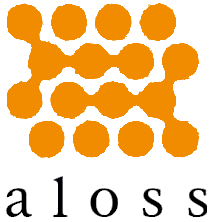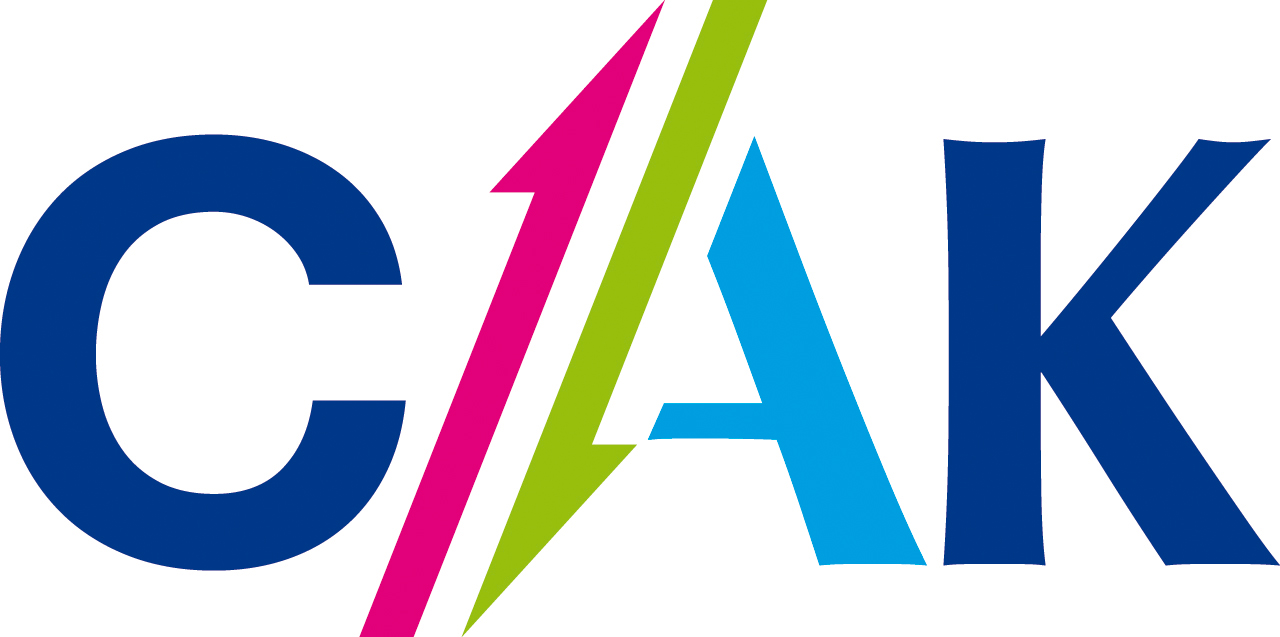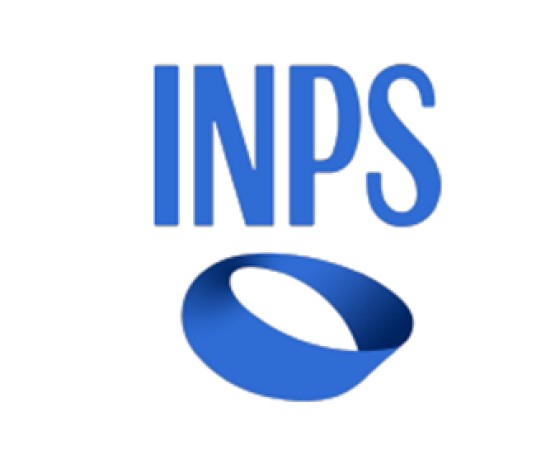News
Timely application of the new medical devices rules |
23-01-2019 |
EV
ESIP's reaction to the "Implant files"
A recent international investigation on medical implants has shed light again on the weaknesses of the system of certification of medical devices. Since 2012, ESIP has been advocating for strengthening the rules concerning the marketing of medical devices asking in particular for an independent centralised authorisation system for the marketing of high-risk medical devices, better market transparency and improved protection for patients.
Although ESIP regrets the lack of ambition of the requirements adopted in 2017, e.g. in maintaining the certification system, the new Regulation should improve the safety of medical devices and the transparency of the system, e.g. by implementing a harmonised notification process for notified bodies by the Member States, by applying the new scrutiny mechanism and by creating a European database on medical devices (Eudamed) which is at least in part publicly accessible.
It is now critical to implement the new Regulations in a timely manner, in order to prevent any further scandals. We also need to assess as soon as possible whether they really deliver on the goals they set out to achieve.
In addition, during the implementation process it has to be kept in mind that in the absence of a centralised authorisation process, transparency has a key role in ensuring the safety and traceability of health technologies and that this justifies public access to Eudamed.
Finally, it has to be noted that the reform of the European framework already started in 2012, i.e. already six years ago. The “implant files” remind us that patient safety cannot wait any longer.
For those reasons we call on the European Commission to ensure that the new framework will be ready for the foreseen date of application, i.e. 2020 for the Regulation on medical devices and 2022 for the Regulation on in-vitro diagnostic medical devices.
Find out more in our statement and our 2015 position paper.












































